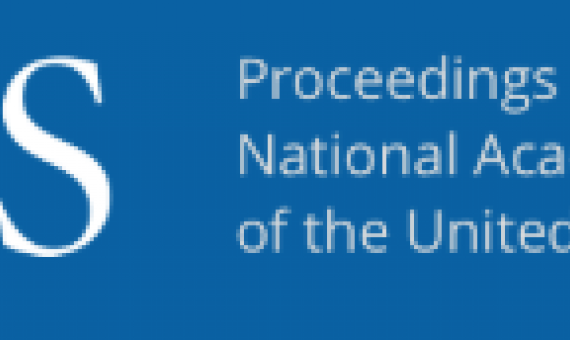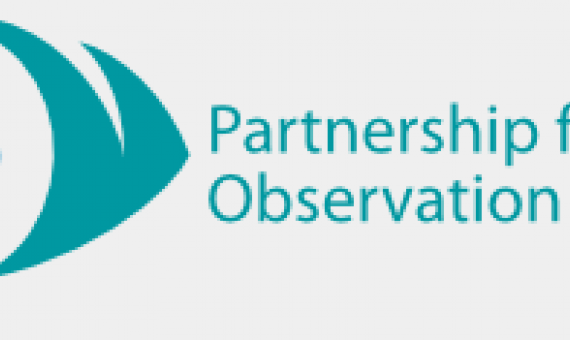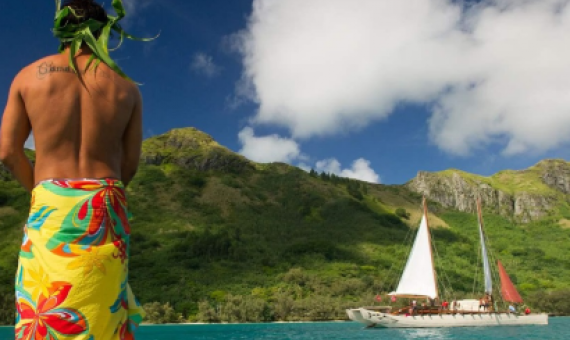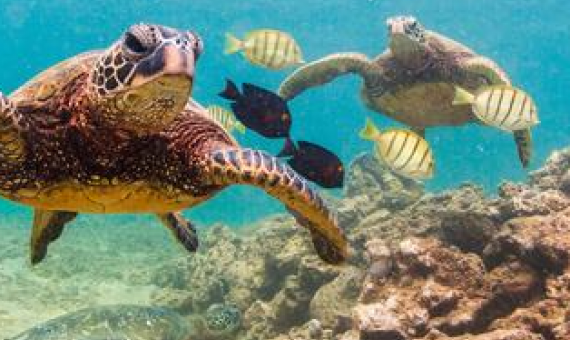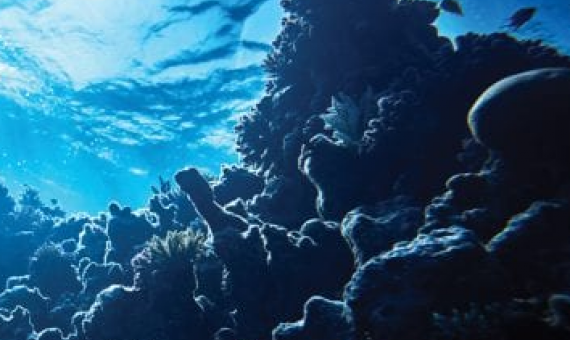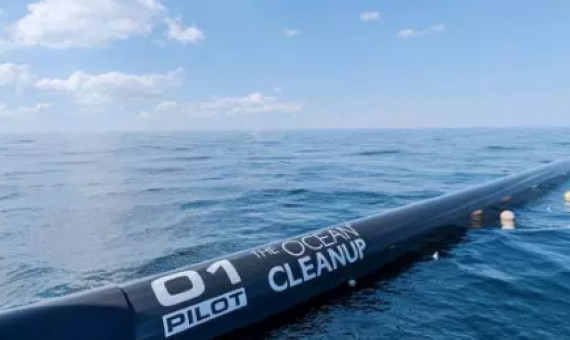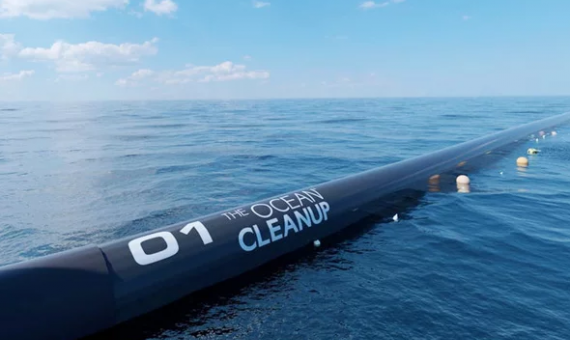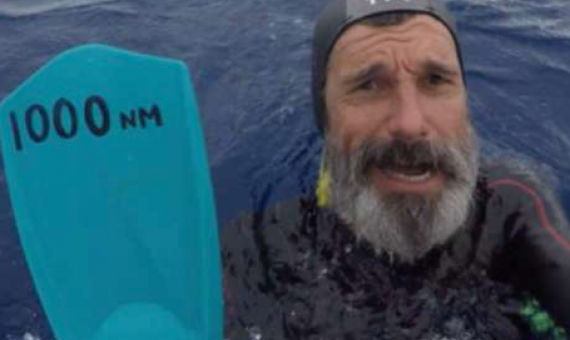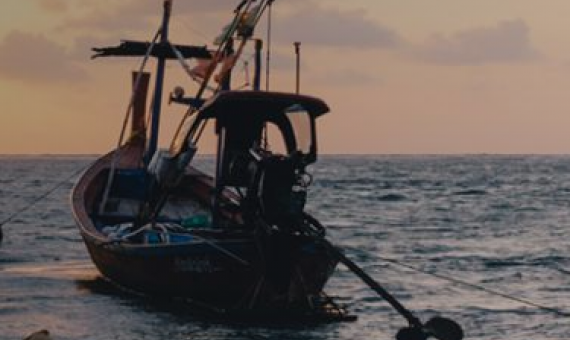Our findings place constraints on future predictions of ocean acidification, are consequential to the fate of benthic calcifiers, and indicate that a by-product of human activities is currently altering the geological record of the deep sea.
The Partnership for Observation of the Global Ocean (POGO) is pleased to announce that as part of its capacity-building programme, they will be offering a number of shipboard fellowship opportunities onboard research vessels during 2019.
Today, island communities, especially those in the Pacific Ocean, are combining traditional knowledge with science to develop innovative strategies to protect the ocean while bolstering local livelihoods and maintaining age-old practices. Click on the link to read the full article.
Though we share this big, blue planet with thousands of species, human beings don’t always show the respect we should to the animal kingdom. Nowhere is that more apparent than in our waste-filled, polluted oceans and seas. Click on the link below to read the full article.
We live on one planet, 70% of which is made up of ocean – an ocean which is teeming with fascinating and beautiful marine life. However, many of the world’s seas have been, and continue to be under immense pressure. Click on the link below to read the full article.
Now that the trials are complete, we can only look forward to the coming months, when we’ll receive news on how the system is performing. Click on the link to read the full article.
...earlier this month, The Ocean Cleanup — a group of engineers, researchers and ocean lovers — kicked off an ambitious and potentially risky plan to directly scoop abandoned plastic out of the ocean. Click on the link below to read the full article.
The Earth Law framework goes beyond the traditional methods of “resource” management to provide a clear legal mandate for managing protected areas as part of a system,and as part of the whole that humans are also a part of. Click on the link below for further details.
Now 1,000 nautical miles from Japan, Lecomte's swimming campaign across the Pacific for ocean health and conservation is kicking into high gear.
...research published in the journal Science warns that climate change is already compromising these benefits through changes in stock productivity and location. Click on the link below to read the full article.

